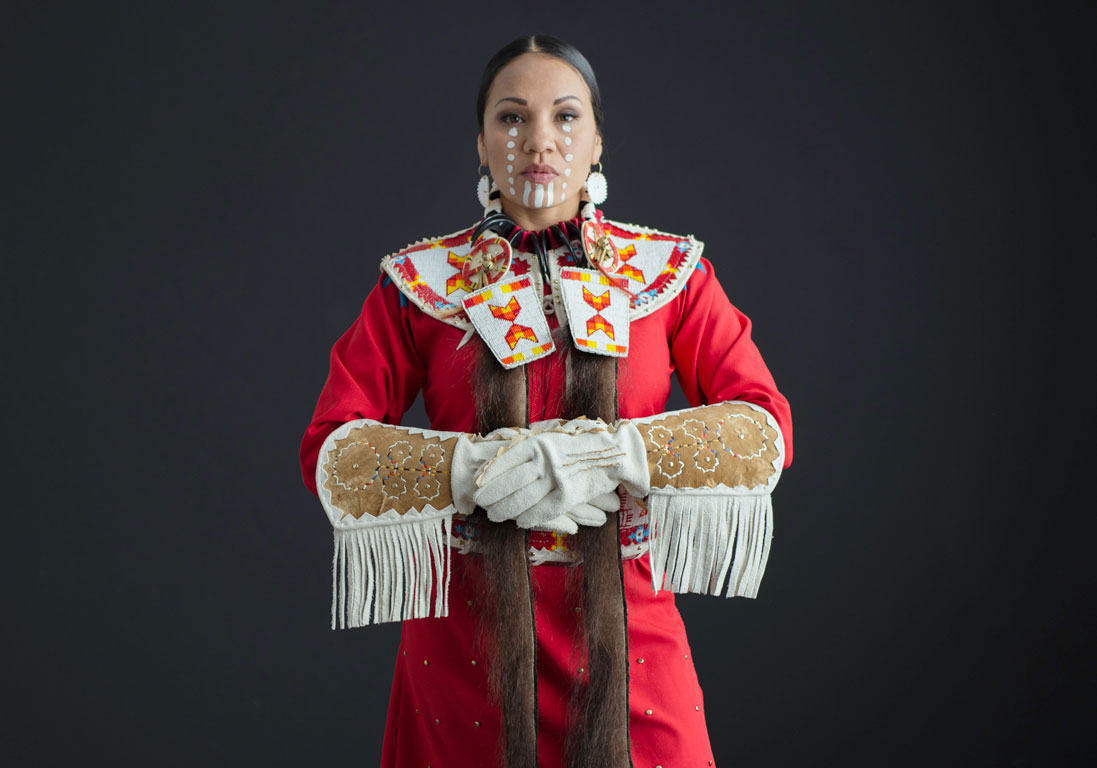Strengthening our Resilience through Land Based Teaching and Learning Knowledge Transmission
Main Article Content
Abstract
Indigenous Land Based Teaching and Learning is grounded in Indigenous Knowledge, pedagogy, and epistemology. Grizzlypaws’s research and experiential knowledge of oral traditions passed on to her from St'át'imc Elders the tmicw (land), úcwalmicw (people of the land), and ucwalmícwts (language spoken by the people of the land) are all interconnected; one cannot sustain itself with another. The land shapes the culture, language, and customs of Indigenous peoples; where one discovers the knowledge and survival are rooted through the knowledge of the land, water, animals, and plants. The phrase Tákem nsnekw’nukw’a7 – which translates to “All of my Relations is a significant value within Indigenous worldviews; this term honours the relationship of all things being related to one another. Land-based learning puts Indigenous teaching and learning into practice and allows for observational and personal reflection. Land Based teaching and learning strengthens:
- Community connectedness;
- Resilience - improving mental, physical, emotional, and spiritual wellness;
- Support for the advancement of reconciliation by decolonizing educational institutions;
- Improved understanding of land, territory, and language of Indigenous peoples;
- Increased awareness and understanding for protecting and caring for the land - addressing kinship, land protection and responsibility;
- Focused on intergenerational teaching and learning from Elders and mentors who pass their knowledge and skills onto students;
- Re-engagement for Indigenous learners to learn through their own knowledge systems; &
- Revitalization of Indigenous languages & practices which in turn reverses language loss.
Article Details

This work is licensed under a Creative Commons Attribution-NonCommercial 4.0 International License.

